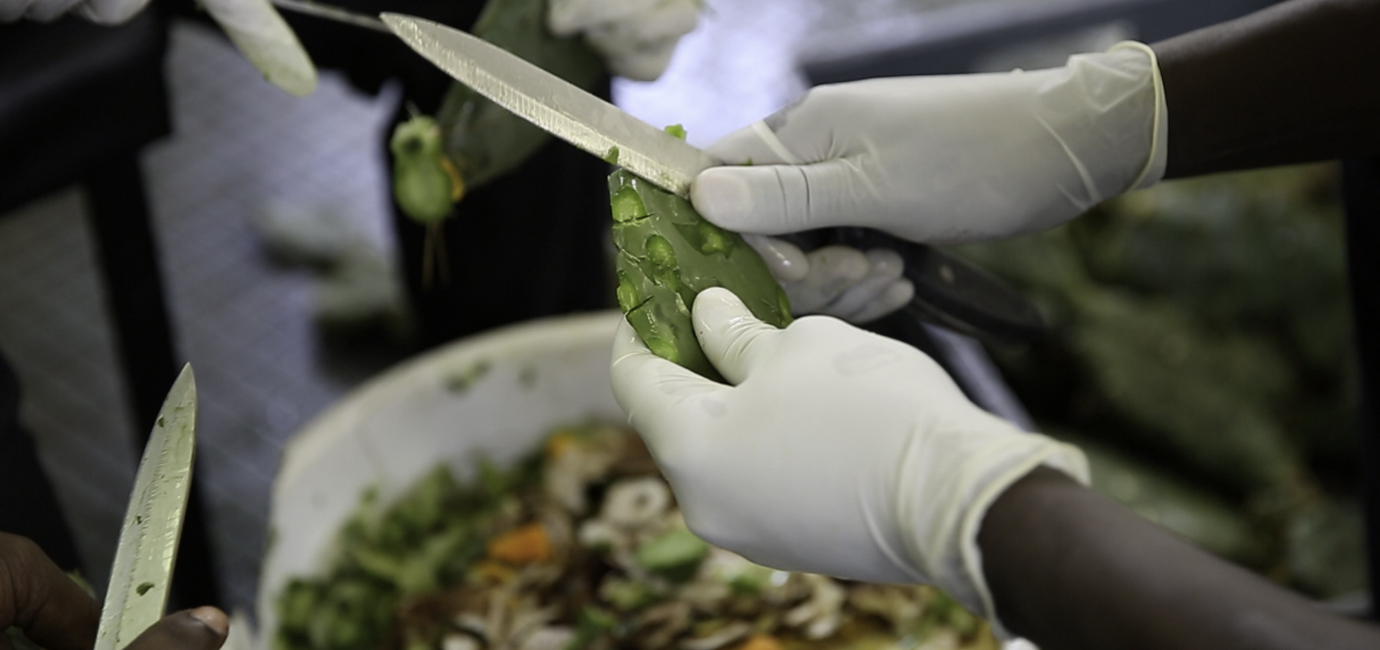Increasingly, nutrition-related diseases have been shown to have a direct impact on countries' economies, influencing labour availability, loyalty and productivity level for the private sector..
In September 2019, it officially initiated a pilot program for the implementation of workplace nutrition interventions in 5 companies, according to their needs and capacities. Throughout the pilot stage, self-assessment tools will be developed that can be used by other companies interested in implementing similar interventions and thus allow them to take a step towards improving nutrition. Using these tools, companies will be able to self-assess their capacity and automatically define the intervention that best fits their reality, looking at the cost benefit issue..
The pilot stage will last for 1 year, during which time these companies will test and incorporate appropriate interventions tailored to their capacity, culminating with specific case studies, which will serve as a basis for analysis for other companies interested in these approaches, as well as to illustrate the gaps in Mozambique in relation to workplace nutrition products and services. Below are the organizations participating in the pilot stage.
| Organization | Province | Operating Area |
|---|---|---|
| Chicoa Fish Farms | Tete | Production, processing and distribution of captive tilapia fish |
| ToPack | Maputo | Plastics production and recycling |
| Maragra Açúcar, SA | Maputo | Sugar cane production and processing |
| Afrisal do Mar, SARL | Maputo | Salt production |
| Ministério da Saúde | Maputo | Government Health Entity |
The Workplace Nutrition Project is an initiative implemented by GAIN, supported by UK aid from the UK Government and in partnership with the Government of Mozambique and CTA. This project is led by an Advisory Committee, created on June 7, 2019, to provide guidance and recommendations for the implementation of advocacy, awareness, visibility and dissemination initiatives on the importance of nutrition in the workplace.
Workplace Nutrition Background
Workplace nutrition programs integrate a range of nutrition interventions related to nutrition education, healthy eating, breastfeeding support and nutrition-focused medical examinations aimed at improving the current nutritional status of the workforce, improving overall work capacity and ensure energy expenditure. Global evidence show that modest investments in workplace nutrition programs result in fewer sick days and accidents and strengthen workers' health by reducing the impact of malnutrition-related diseases and DNT / NCDs, increasing productivity.
Ideally, these programs aim to introduce changes and nutritional solutions in the workplace, with a view to promoting healthy eating habits, improving the nutritional content of meals and promoting increased consumption of safe and nutritious food by workers in order to address nutritional deficiencies and to ensure better health and the respective energy expenditure.
“The workplace is increasingly an important space to influence patterns of food choices and behavioural changes. With this project we aim to encourage and show that the private sector can promote healthy diets through direct interventions such as workplace nutrition and indirect interventions such as the dissemination of nutrition and health information at the workplace” – Diva Dessai, Manager of Workplace Nutrition Projects at GAIN.
SBNMOZ and workplace nutrition
To bring this issue to the stakeholder discussion table, SBNMOZ has included in its strategy “advocacy for improving nutrition in the workplace” which in Mozambique focuses specifically on the following interventions:
- healthy eating at workplace;
- nutritional education.




